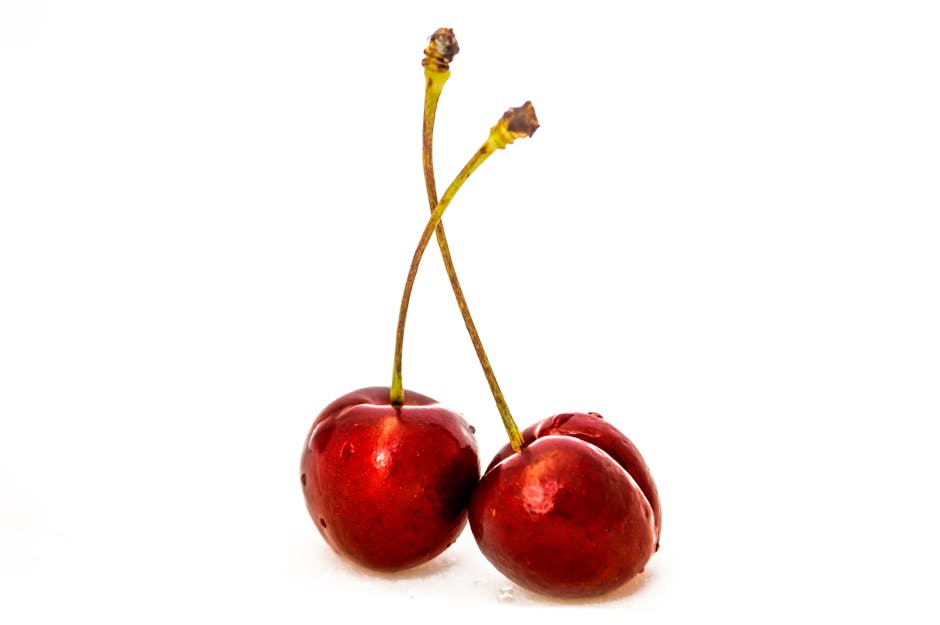A plethora of factors influence dietary choices, from personal preferences to cultural norms. Among these is the burgeoning interest in veganism, a dietary approach that excludes all animal products. This raises a crucial question: Could a vegan diet be a viable and nourishing option for every individual? Delving into the nutritional requirements and practical considerations surrounding this dietary paradigm, a more nuanced understanding emerges.
Initially, many assume a vegan diet is inherently unsustainable. This misconception often stems from a limited knowledge of the intricacies of nutrition. However, a well-planned vegan diet offers a wealth of health benefits, including a reduced risk of certain chronic diseases. Conversely, inadequate planning or insufficient knowledge can lead to serious nutritional deficiencies.
A critical aspect of evaluating vegan sustainability is understanding the diverse nutritional needs of individuals. Age, activity level, and pre-existing conditions significantly influence dietary recommendations. A teenager with a high energy expenditure will have different needs than a sedentary elder. Likewise, a pregnant woman requires specific nutrients for fetal development, and an individual with anemia has particular dietary requirements. A vegan diet, though potentially rich in certain nutrients, must be meticulously structured to meet these diverse needs.
Crucial nutrients like vitamin B12, iron, calcium, and vitamin D are often harder to obtain from plant-based sources compared to animal products. Vitamin B12, in particular, is predominantly found in animal-derived foods. Consequently, vegans need to supplement this vitamin or diligently incorporate fortified foods into their diet. Iron absorption from plant-based sources, while possible, is often less efficient than from animal sources. Therefore, ensuring sufficient dietary iron is paramount through consumption of iron-rich plant foods (like leafy greens) alongside vitamin C-rich foods, which enhances iron absorption.
The same considerations apply to calcium and vitamin D. Plant-based sources of calcium are available, but their bioavailability might vary. Similarly, vitamin D, frequently obtained from sunlight exposure and animal products, might require supplementation for vegans. Adequate intake of these nutrients is essential for bone health, muscle function, and overall well-being. It is imperative to consult a registered dietitian or nutritionist when adopting a vegan diet to identify any potential deficiencies and devise a personalized plan.
Beyond the macro and micronutrients, the variety and quality of food sources play a significant role. A truly sustainable vegan diet encompasses a wide spectrum of fruits, vegetables, legumes, grains, and nuts. It’s not simply about excluding animal products, but about consciously selecting nutrient-dense, whole foods. This involves careful consideration of portion sizes and a balanced intake of various food groups to avoid nutritional imbalances.
Practical considerations also play a significant role in the viability of a vegan diet. Accessibility to a wide variety of fresh produce, affordable plant-based protein sources, and understanding of proper cooking techniques for maximizing nutrient extraction are crucial. In regions with limited access to fresh produce or where staple foods are not primarily plant-based, transitioning to a vegan diet can be more challenging.
Moreover, the environmental impact of food production is also worth considering. While veganism often enjoys a reputation for reduced environmental footprint, this depends significantly on the source and quality of plant-based foods. Some plant-based products, particularly those reliant on intensive farming or lengthy transportation, can contribute to environmental challenges in much the same way as animal agriculture. A sustainable approach necessitates thoughtful consideration of the origin, production, and consumption of all food items.
While a balanced and well-planned vegan diet can contribute to an enhanced quality of life, its feasibility for everyone remains conditional. Individuals with specific health needs, limited access to nutritious food, or those transitioning abruptly to this dietary approach might require more comprehensive support. The success of a vegan lifestyle hinges on meticulous planning, proper supplementation, and informed choices about food sources.
Ultimately, sustainability hinges on individual factors. Comprehensive knowledge of one’s needs, access to resources, and a willingness to learn and adapt are essential for navigating this dietary shift. A registered dietician or nutritionist can provide tailored guidance, ensuring the diet effectively caters to individual nutritional requirements. A support system, community engagement, and a willingness to embrace knowledge are indispensable components in navigating any significant dietary change.
Navigating the intricacies of a vegan diet requires more than simply excluding animal products. A sustainable vegan journey demands an understanding of the nutritional requirements, practical considerations, and the commitment to meticulous planning. While a vegan diet can be incredibly beneficial, its universality depends strongly on careful planning, access to resources, and a supportive community. For certain individuals, a vegan diet may not be ideal, whereas for others, it might offer a pathway towards improved health and well-being. The key takeaway lies in personal evaluation, comprehensive understanding, and adapting the approach to suit one’s unique needs and circumstances.
